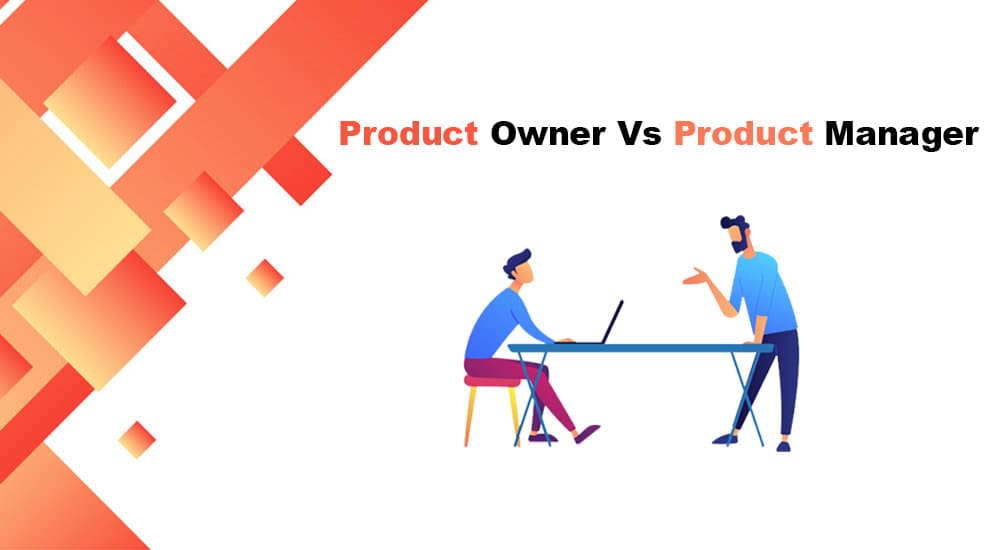Product Owner vs. Product Manager: What really is the difference?
-
Bella Williams
- 10 min read

A product manager and a product owner are two very important roles in the development of a product. They are two roles that are often associated with the development and management of a product within an organization.
Some organizations may wonder whether it is necessary to employ both a product manager and a product owner, seeing that their roles are interrelated. But are they really the same?
While they may seem quite similar at the surface level and have some overlapping responsibilities, there are however some significant differences between the two roles that are important to understand.
Product managers are responsible for the overall strategy and vision for a product. They work closely with cross-functional teams to ensure that the product aligns with the company’s overall goals and objectives. They are also responsible for defining the product roadmap and ensuring that the development team is on track to meet the product’s goals and deadlines.
On the other hand, product owners are focused on the day-to-day management of the product. They are responsible for prioritizing and organizing the development team’s work, as well as communicating with stakeholders to ensure that the product meets their needs and expectations. They are also responsible for making decisions about which features and capabilities to include in the product, based on input from the development team, customers, and other stakeholders.
The roles and responsibilities of the product owner include what features would be a part of the product release. The product owner defines user stories based on customer requirements and prioritizes them for the development team.
One key difference between product managers and product owners is that product managers have a more strategic role, while product owners are more focused on the tactical execution of the product. Product managers are responsible for defining the overall direction and vision for the product, while product owners are responsible for ensuring that the development team can execute and deliver on that vision in a way that meets the needs of stakeholders and customers.
They are responsible for the product backlog, which is a prioritized list of all the features and functions that a product should have. The product owner is responsible for maintaining the backlog and prioritizing items on it based on the needs of the business and the development team. They work closely with the development team to ensure that the most important items are being worked on first.
Read also: Harnessing Customer Interviews to Build the Right Product
Another key difference is that product managers often have a broader scope of responsibility than product owners. Product managers are typically responsible for the entire product lifecycle, from concept to launch and beyond, while product owners are typically focused on the development and release of a specific product or product feature.
The product manager is more focused on the big picture and the long-term strategy for the product, while the product owner is more focused on the day-to-day details and making sure that the development team has everything they need to be successful.
Overall, the product manager decides what products to build next, and the product owner helps the development team to build the products.







